
The FDA called for more detailed information on risks associated with benzodiazepine use based on review of adverse event reports dating from 1968.

The FDA called for more detailed information on risks associated with benzodiazepine use based on review of adverse event reports dating from 1968.

The decision to prescribe a statin to prevent ASCVD may require considering factors in addition to global CVD risk. A short case illustrates use of the CAC score.
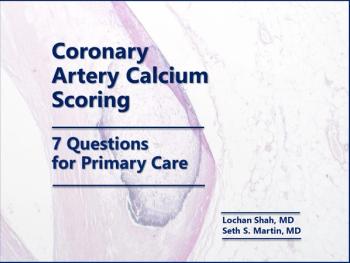
How current are you on CAC and its place in CVD risk assessment? This short quiz will reveal your score.

Find out how much you know about substance use among US high school students with our 9-question true/false quiz based on the 2019 CDC Youth Risk Behavior Survey results.

What do clinical guidelines from diabetes, cardiology, and endocrinology associations have in common? A case study quiz with an evidence-based answer explains.
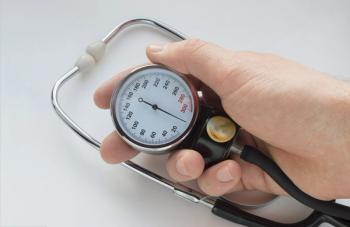
Office blood pressure measurement technique is relatively simple yet widely prone to error. Check your office procedure against guideline recommendations.

Survey: Most US adults feel COVID-19 has made it essential to talk openly about suicide; more than half say it has made them more open to discussing mental health.
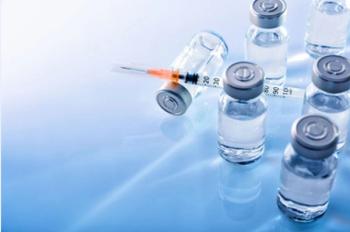
The CDC estimates delivery of a record 194 to 198 million doses of influenza vaccine this year. The primary care imperative: vaccinate, vaccinate, vaccinate.
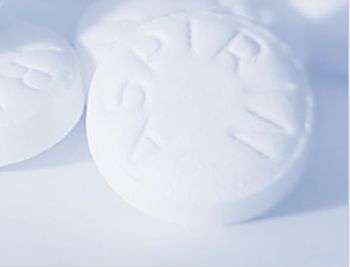
The role of aspirin in primary prevention of CV disease changed for good with results from 3 pivotal trials. Do you recall results and recommendations? Find out.

Diagnosis of Behçet disease can be complicated by overlapping clinical features, as described in these 8 brief summaries.
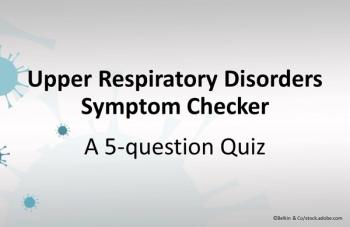
Some symptoms of COVID-19 overlap with the common cold, flu, and other respiratory diseases. See if you can differentiate between them in these 5 patient scenarios.
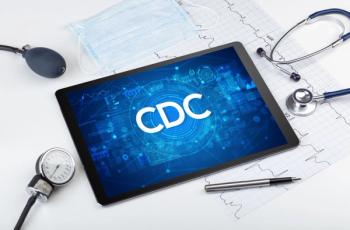
Treatment guidelines on COVID-19 from the NIH were updated today based on data from clinical trials of hydroxychloroquine, ivermectin, and IL-6 inhibitors.

Approximately 67% of US adults are wary about trusting Russia’s Sputnik V COVID-19 vaccine without proof, according to a new survey of >30 000 Americans.

A Harris Poll finds Americans want a US-approved COVID-19 vaccine allocated here first, the rest of the world next, and our most vulnerable take priority.
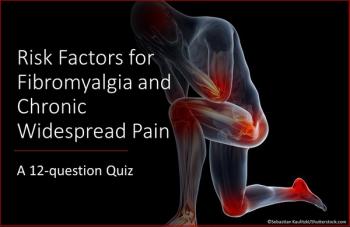
SAMPLE: Based on current research, what is the prevalence of fibromyalgia in the general population? Plus 11 more questions on fibromyalgia and chronic pain.

Pneumococcal vaccine should still be given to adults aged ≥65 years, but no longer to all adults in that population. Find out what you know - and what you may need to know.
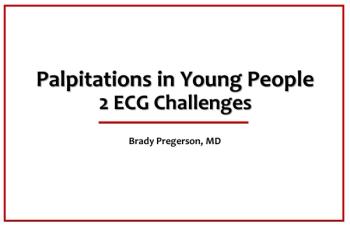
Palpitations and syncope during dinner (him); arrhythmia that looks like SVT after 2 energy drinks (her). What do the ECGs tell you?

A new survey found adolescents who have ever used e-cigarettes are 5-times more likely to receive a COVID-19 diagnosis. More results at-a-glance in our new slideshow.

The perception of marijuana's risks and benefits may be changing within the US adult population. Are you up to date?

HCV is now diagnosed in millennials at about the same rate as in baby boomers; CDC responds with a recommendation for HCV screening in all adults aged ≥18 years.